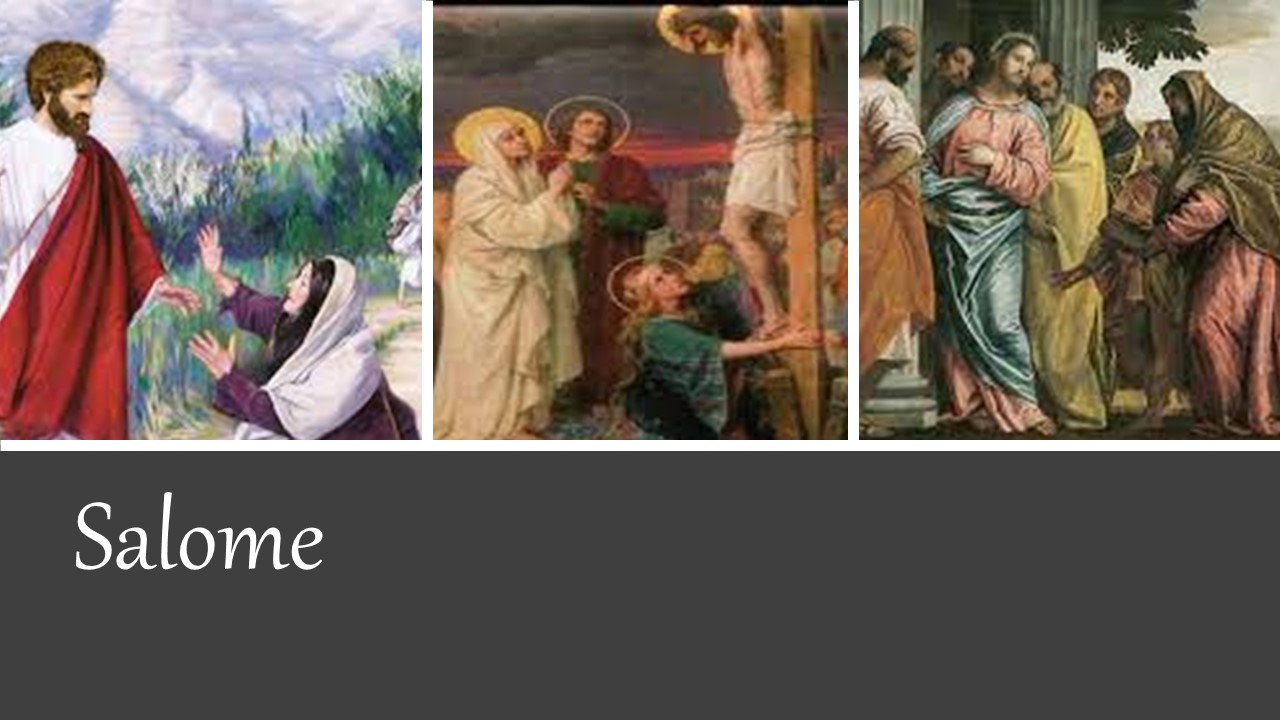The Song of Solomon is a poetic exploration of love and intimacy, initially appearing as a romance between a man and a woman, but also reflecting God's love for His people. Chapter 2, verse 4, speaks of a love celebrated openly, symbolized by a banner, signifying identity and protection. This echoes New Testament sentiments of Jesus' love, foreshadowing the marriage supper of the Lamb, highlighting Jesus' sacrifice and unending love.
This book embodies the human quest for divine love, paralleling the Shulamite's search for her lover with believers' search for Jesus. Luke 19:10 echoes this sentiment, with Jesus as the seeker of souls, and the parables reinforcing the notion of a seeking God who responds to those who earnestly pursue Him.
The Song of Solomon describes a love that views the beloved as flawless, akin to how Christ sees His church, purified through His sacrifice. Believers are encouraged to live up to this vision of purity and grace.
The desire for closeness with the beloved, seen in the plea to be set as a seal on the heart, reflects the inseparable bond Christ has with the church, a love proclaimed to be invincible in Romans. The cross exemplifies this enduring love.
Christ's love provides comfort and security, marking believers as His own. The New Testament reiterates this longing for Christ, expressed in the Church's cry for His return, and while waiting, the presence of the Holy Spirit offers solace.
Song of Solomon transcends a mere earthly romance, guiding believers through a divine love story that mirrors the profound relationship between Jesus and His church.
This is the last episode in our study of this book.

In Part 10 of The Disciple Whom Jesus Loves, the podcast musical brings to life one of Jesus' most well-known miracles—the feeding of the...

We continue with “Perspectives on Easter” – our series focused on the people who played both major and minor roles in the Easter narrative,...

The Jesus Movement was a counterculture Christian youth revolution that emerged in the United States during the late 1960s and early 1970s. This change...